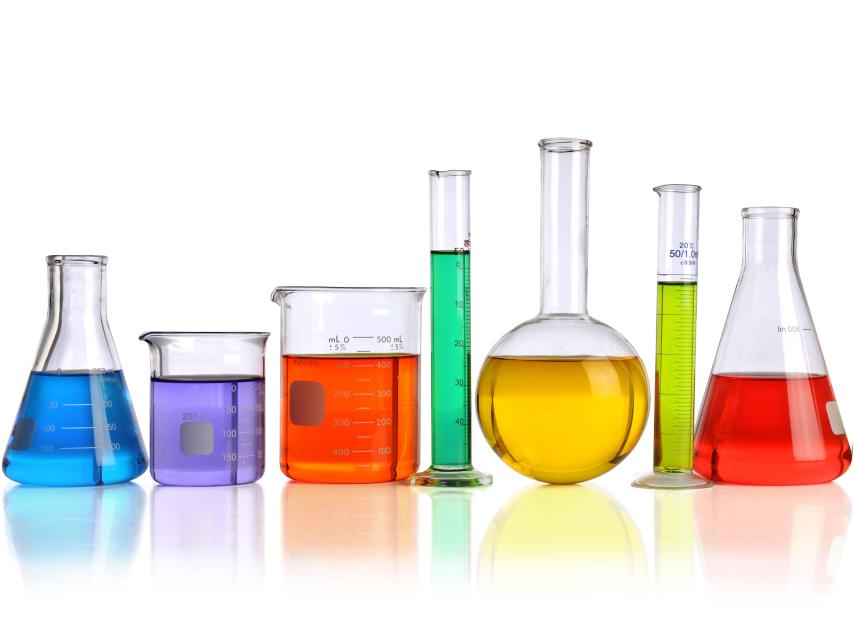Recycling Material Inorganic Residue Analysis
The analysis of inorganic residues within recycling materials is a critical step in ensuring environmental sustainability and compliance with international standards. This service focuses on identifying and quantifying the non-organic components present in recycled materials, which can include metals, minerals, glass, and other solid waste products. Understanding these residues is essential for optimizing recycling processes, minimizing environmental impact, and ensuring product quality.
The importance of this analysis cannot be overstated. Inorganic residues can affect the performance, durability, and recyclability of end products. For instance, high levels of metal contamination in recycled plastics can lead to reduced mechanical properties or even render the material unsuitable for certain applications. Similarly, excessive amounts of sand or glass in recycled concrete aggregates may compromise structural integrity.
Our state-of-the-art facilities employ advanced analytical techniques such as X-ray fluorescence (XRF), Inductively Coupled Plasma Optical Emission Spectroscopy (ICP-OES), and scanning electron microscopy (SEM) to perform precise residue analysis. These methods allow us to detect even trace amounts of inorganic compounds, providing clients with comprehensive insights into the composition of their recycling materials.
The results of our tests are crucial for several stakeholders involved in the recycling industry:
- Quality Managers: They use these analyses to ensure that recycled products meet quality standards and can be used effectively across various applications.
- Compliance Officers: Ensuring adherence to environmental regulations is a key responsibility. Our tests help them stay compliant with international standards like ISO 14001 for environmental management systems.
- R&D Engineers: By understanding the composition of recycled materials, they can innovate and develop new products or processes that enhance sustainability.
- Procurement Teams: These analyses are vital in selecting reliable suppliers whose recycling practices meet strict criteria.
The process begins with thorough sample preparation. Depending on the material type, this may involve crushing, sieving, and drying. The prepared samples undergo a series of tests using sophisticated instrumentation to identify specific elements and compounds. Once analyzed, detailed reports are generated that include not only the quantitative data but also qualitative insights into the composition.
For instance, if a client is working on developing eco-friendly construction materials from recycled concrete aggregates, our analysis can help them determine the optimal blend of components for maximum strength and durability while minimizing waste. Similarly, in the plastics industry, accurate residue analysis ensures that recycled plastic pellets are suitable for producing high-quality consumer goods.
Our commitment to excellence extends beyond just performing tests; we also provide expert advice based on our findings. This includes recommendations on improving recycling processes, enhancing product performance, and reducing environmental impacts. By leveraging this knowledge, clients can make informed decisions that drive innovation and sustainability within their operations.
Why Choose This Test
The analysis of inorganic residues in recycled materials offers several advantages that are pivotal for various industries:
- Enhanced Product Quality: Identifying and removing harmful inorganic compounds ensures the production of high-quality end products.
- Compliance with Regulations: Adherence to environmental standards such as ISO 14001 is critical for maintaining a positive reputation and avoiding penalties.
- Innovation Opportunities: Understanding material composition can inspire new product designs that are more sustainable and efficient.
- Cost Efficiency: By optimizing recycling processes, companies can reduce waste disposal costs and improve resource utilization rates.
- Sustainability Goals: Meeting sustainability targets is a key objective for many organizations. This test helps them achieve these goals by ensuring that recycled materials are used responsibly.
- Supply Chain Transparency: Knowing the exact composition of recycled inputs can enhance trust and credibility within supply chains.
In conclusion, choosing this type of analysis is a strategic decision that supports long-term business success while contributing positively to environmental conservation efforts. It provides valuable data that informs critical decisions at every stage of product development and production.
Customer Impact and Satisfaction
The impact of inorganic residue analysis on customer satisfaction cannot be overstated. By ensuring the highest standards of quality, compliance, innovation, cost efficiency, sustainability, and supply chain transparency, our clients experience a range of benefits:
- Enhanced Brand Reputation: Demonstrating commitment to environmental responsibility enhances brand image.
- Increased Market Share: Satisfied customers are more likely to recommend your products or services, leading to increased market share.
- Better Decision-Making: Accurate data from residue analysis enables informed decisions that drive business growth and profitability.
- Reduced Operational Risks: Compliance with regulations minimizes the risk of costly fines and legal issues.
- Increased Customer Loyalty: Providing high-quality, reliable products fosters customer loyalty and repeat business.
- Access to New Markets: Meeting stringent standards can open up new markets and opportunities for growth.
In summary, our comprehensive residue analysis services play a crucial role in enhancing overall customer satisfaction by addressing their most pressing concerns related to quality, compliance, innovation, cost, sustainability, and supply chain integrity.





